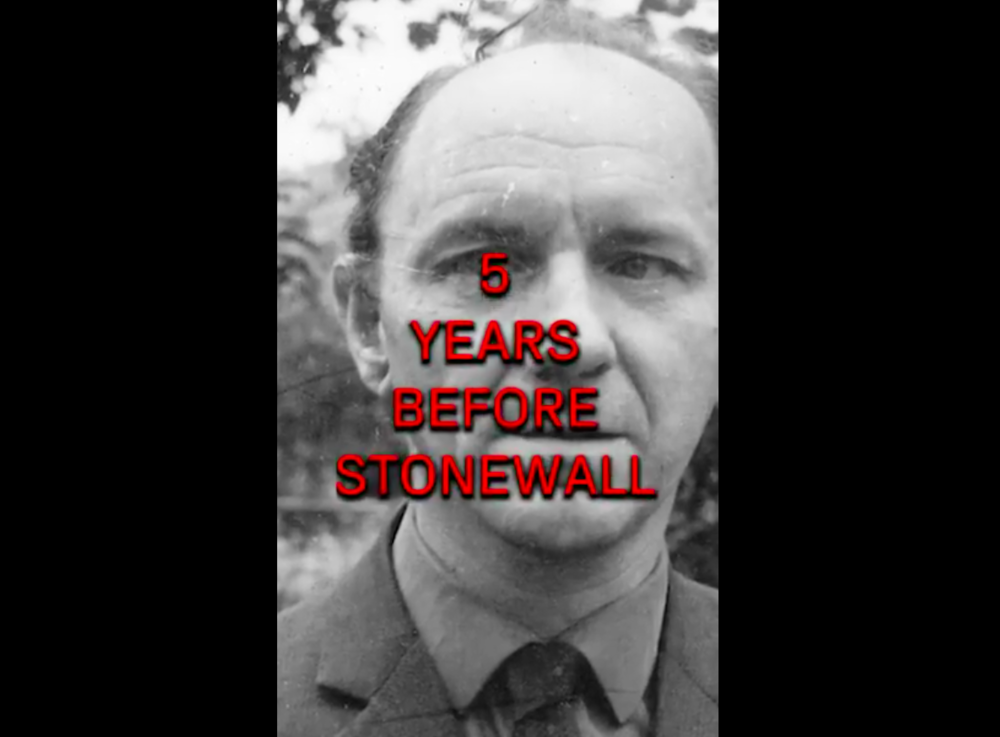organisational development
Organisational Change Enabler: Association of Independent Museums
Resilience & Engagement Consultant: National Lottery Heritage Fund
As an AIM trained Museums Enabler, and National Lottery Heritage Fund Consultant for resilient heritage development and for engagement; I help heritage organisations look at how to move forward into the new landscape.
This happens by challenging, advising, facilitating and supporting senior leadership and governance groups in thinking differently and improving their vision, structures and approaches. This might mean for example, reshaping governance structures or procedures; recruiting and managing specialist consultants or other providers; exploring new income generation potential; changing business models; and being up to date with legislative requirements. This builds on previous work as a social impact evaluator, coach, mentor, critical friend, charity trustee, fundraiser, Arts Council Resilient Museum Consultant; as well as 20+ years working in heritage and other sectors using mixed-economy models.
This happens by challenging, advising, facilitating and supporting senior leadership and governance groups in thinking differently and improving their vision, structures and approaches. This might mean for example, reshaping governance structures or procedures; recruiting and managing specialist consultants or other providers; exploring new income generation potential; changing business models; and being up to date with legislative requirements. This builds on previous work as a social impact evaluator, coach, mentor, critical friend, charity trustee, fundraiser, Arts Council Resilient Museum Consultant; as well as 20+ years working in heritage and other sectors using mixed-economy models.
superbia
|
Superbia is the year round cultural programme of Manchester Pride. They received new funding for artists commissions and support /activity with LBTQ+ people across Greater Manchester, who are further marginalised because of additional imposed barriers such as racism, ableism, and fluid identities of gender and / or sexuality. This sets out Superbia's longer term strategic and creative direction, and the need to understand the social impact of their work. They asked for a new evaluation framework and toolkit to do just that.
Arts Council England & Greater Manchester Combined Authority funded. |
Critical Friend: The University of Manchester - NHS at 70
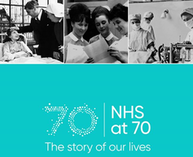
NHS at 70: The Story Of Our Lives is a national oral history programme supported by the National Lottery Heritage Fund and led by The University of Manchester. It collects stories of the NHS since its launch from staff and the public, so that personal stories are collected along side more formal records. Whilst the team had monitoring and evaluation in place, they needed additional guidance to articulate impact stories they were uncovering which were unexpected but significant. The team wanted to understand how to look at impact from different perspectives and how their new discoveries could influence the power of the archive in the future. The critical friend role included guidance on uncovering and organising qualitative impact evaluation, and how to share unexpected findings in compelling ways.
Evaluation Strategy & Mentoring: South Square Centre
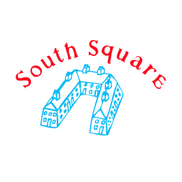
South Square Centre is a collection of 19th century workers cottages on the edges of Bradford and the West Yorkshire moors. In the early 1980s it was taken over by the community as an arts centre. Today it still celebrates the combination of art, community and history. The brief was to advise the CEO, fundraiser and engagement team on evaluation for their Stage 2 delivery application to the National Lottery Heritage Fund, and create a supporting evaluation strategy and framework. The strategy combines independent guidance and analysis with in house data collection and artist led creative consultation, best practice for monitoring and evaluation in qualitative and quantitative terms, and learning about the impact of their work on their building, the local area, local people, and the cultural sector. The application was successful and led on to evaluation support for the full three year delivery project.
Business Plan Evaluation Strategy: Venture Arts
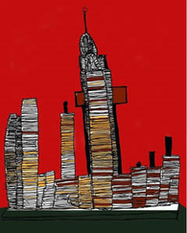
Venture Arts support learning disabled artists as equals in high profile galleries, museums and art fairs. With a long history of projects, all evaluated differently, they wanted a new ongoing, internally run evaluation strategy to track and investigate the power of their work in the long term; including their new status as an Arts Council England National Portfolio Organisation. After researching their business plan, previous evaluations, funding applications, and consulting with the artists they work with, a strategy was developed covering social, cultural, economic and environmental outcomes locally, regionally, nationally, and eventually internationally. Crucially, the approach needs to work for the tutors, volunteers, staff members, project partners and the artists themselves - learning disabled and otherwise. The strategy created includes everything from a logic model theory and story of change, evaluation framework with methodologies and templates; recommendations around networks and software; to identifying appropriate and meaningful qualitative approaches suitable for learning disabled artists to express what matters for them, including non-verbal methods.
(Image: Line drawing by Robert Dixon, learning disabled artist based at Venture Arts)
(Image: Line drawing by Robert Dixon, learning disabled artist based at Venture Arts)
Evaluation Framework: Artist's Rooms - Gallery Oldham

Gallery Oldham hosted artworks by Richard Long as part of the Artist Rooms project with National Galleries of Scotland & Tate. The team ran a residential for young people, combining time in the gallery with three days in a rural outdoor centre, to explore natural surroundings and make art in response to Richard Long's work. The co-ordinator wanted guidance developing a meaningful evaluation approach, beyond box-ticking and more appropriate for the tone of the project. The Artist Rooms standard monitoring form, and criteria of Arts Award Explore certification also needed to be included in the approach. The work involved clarifying the aims and objectives of the residential, creating a suitable framework with practical evaluation tools and approaches; and help organising, analysing and summarising the data and findings from the project.
(Image: Richard Long, Cornish Slate Ellipse 2009. Tate / National Galleries of Scotland. c. Richard Long)
(Image: Richard Long, Cornish Slate Ellipse 2009. Tate / National Galleries of Scotland. c. Richard Long)
Evaluation Strategy: John Rylands Library

John Rylands Library is an architecturally unique library in Manchester. Marketing and Visitor Engagement teams wanted to consolidate, prioritise and streamline their approach to evaluation - combining audience research projects; the need to understand impact and manage resources effectively; support for the university's strategic goals; and help for academics or researchers evidencing the impact of their library related work to funders. The work involved desk research; staff and stakeholder consultation; theory of change planning; analysis support; staff training; a new overarching evaluation framework; and evaluation toolkit including quantitative and qualitative methods and templates for the evaluation of public engagement and impact.
Critical Friend: Super Slow Way
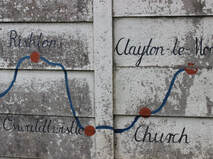
Super Slow Way is an ambitious arts programme in East Lancashire. Part of the Creative People and Places initiative, it brings arts and local people together to change the area and the lives of those who live there. The critical friend role is a mix of coach, evaluation consultant, organisational development aid, and provocateur, to support the team in stopping, looking back and ahead with clearer purpose. It's about helping to keep aims, outcomes and possibilities clear, whilst quality assuring the reflective process.
(Photo: Local Colour, Claire Wellesley-Smith)
(Photo: Local Colour, Claire Wellesley-Smith)
Business Plan Researcher: Local Cultural Education Partnership

Collaborating with Mandy Barnett Associates to map strategic and delivery plans, strategies, visioning and intelligence documents to help inform the business plan for Kent Local Cultural Education Partnerships. The work involved finding commonalities and differences among the partners around vision, funding, delivery, sustainability, track record, demand, monitoring, outcomes and evidence as well as collaborating or competing partnerships and initiatives locally and across the country.
Design Museum: Digital Engagement Strategy
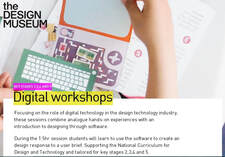
Design Museum wanted to understand how digital engagement could support secondary school learners in workshops and self directed visits at the museum. After researching cutting edge examples in museums and galleries, creating case studies of best practice, and identifying how to evaluated the impact such support can have, recommendations were made for a new digital engagement strategy for formal education.

